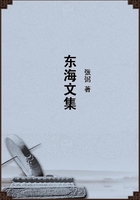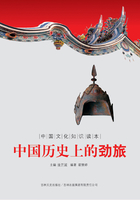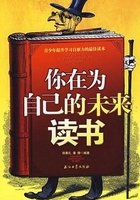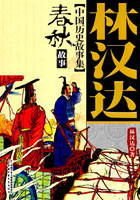The Law of Costs Production goods which are capable of being employed in several ways receive their value, as we are aware, from the value of the least of their products, the production of which is economically permissible; that is, from the marginal product or from their contribution to the product. This value attaches equally to all similar articles or similar items of a productive stock, even to those which are actually employed in more remunerative ways. In a stock of iron each part has an equal value with every similar part in the stock, based on the marginal contribution. It is the same with a stock of coal; the same with any available supply of labour of equal quality; the same with any other production good. Assume that, in a productive stock of the class a, the item put to the most insignificant use gives a product of 1, every item in the stock will have the value of 1;every item of the class b has the value of 2, if the marginal productive contribution of the class be 2, and every item of the class c has the value of 3, if the marginal productive contribution amounts to 3.
Now, as a rule (the exceptions will be discussed later on)production goods retain that value which is ascribed to them before the beginning of the production -- in anticipation of the best possible result, -- after the completion of the process of production; that is to say, they retain it still in the products which they have been transformed into. To take the former figures, the product of the elements 10a + 10b + 10c, will, as a rule have the value 10 + 20 + 30 + 60, and the product of the elements 10a + 20b + 10c, will have the value 10 + 40 + 30 = 80.
This law may be expressed differently according as we state it from the side of production goods or from that of products.
In the former case it runs thus: -- similar production goods maintain, as a rule, in every product, first, a similar value, and second, that value as it attaches to them through their marginal productive contribution. This is the correct formula. As the law of costs is usually understood, however, the second clause would be left out; thus giving a formula for relative values, but not for absolute amounts of value.
In the latter case the law runs thus: -- the value of a product is, as a rule, a complex obtained by multiplying the quantity of production goods employed by the value of the productive unit, or -- taking into consideration the fact that every product is always produced from several productive factors -- it is a sum of such complexes (10a + 10b + 10c, or 10a + 20b +10c, and so on). From this formula, which indicates the absolute amounts of value, there follows another for the relations of value. It is that the values of products which have one productive factor in common are, to each other, in respect of this common factor, as the quantities of it requisite for their production. This is the correct formula. As usually understood the law runs more briefly thus; -- the values of products are to each other as the costs requisite for their production. This, again, is merely a relative, not an absolute expression. Closer consideration shows that it is not possible to apply this relative formula so long as it stands alone. The amount 10a + 20b + 10c is not twice as great as the amount 10a + 10b + 10c, but twice as great only as regards the factor b; the general relation can only be established when the absolute values of a, b, and c, are known. If a = 10, b = 20, and c = 30, the ratio is as 80 to 60; if b = 100, it is as 240 to 140.
In the Ursprung des Werthes I called products which have one productive factor in common Productionsverwandt, which may be rendered in English as "cognate." They represent, as it were, the descending line of this factor, and stand to one another in collateral relationship. All products made from the same quality of iron are cognate. Many products are cognate to each other in more than one respect, e.g. products of iron in the making of which have been expended similar kinds of labour or similar fuel.
Understood in this sense, it is always cognate products to which the law just stated refers.
This is the well-known law of costs. The task now lies before us to explain and prove it.(1*)NOTES:
1. I have formulated the law of costs only with relation to the so-called costs of production. Besides this we speak sometimes of costs, when we refer to expenses of purchase. By this is meant the sums of money a buyer has to expend to obtain possession of goods. An exactly analogous law obtains as regards these costs.
All sums of money of equal amount destined for the purchase of goods ave equal value to the one owner, and all goods purchased for money -- under certain assumptions entirely analogous to those conditions which hold as regards the law of costs in production -- have to the one owner a value in proportion to their costs of purchase (see Book II, chap. ii). The law of costs of production has, however, a more far-reaching importance than the law of costs of purchase, inasmuch as it is not, like the latter, limited subjectively, but also holds as regards objective exchange value. In consideration of these more far-reaching effects it is entitled to a special statement.
Sax has stated the conception of costs still more comprehensively (see chap. 56 in his Grundlegung der Staatswirthschaft). Nevertheless, important though the results thus obtained may be, it appears to me that, for the reason just stated, it is right to hold by the narrower conception of the costs of production, as against this wider one.
In connection with the present book, see Ursprung des Werthes, pp. 97, 103, and 146; further, in B鰄m-Bawerk's Werth, pp. 61 and 534; as also Sax, p. 327; and, finally, the parts referring to this subject in Jevons and Walras. Menger does not treat of costs.














